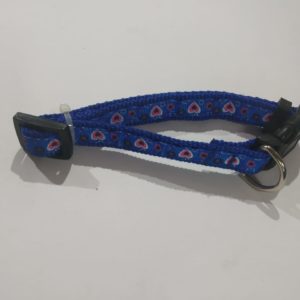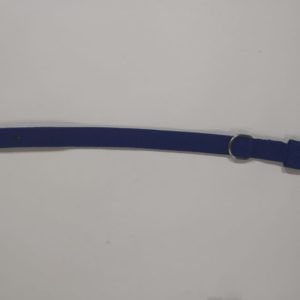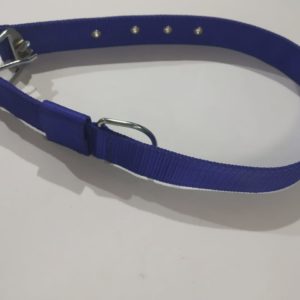
Worms in Dogs: Symptoms, Causes and Treatments
Worms in Dogs
Most puppies are actually born with worms, which are contracted from their mother’s milk, while other dog worms are obtained from fleas or the environment. Worms in dogs and puppies are very common, and whilst they might be a concern to owners. If your dog has worms, there’s no need to worry – your vet can help you with treatment.
Types of Worms in Dogs
- Roundworms
- Tapeworms
- Hookworms
- Lungworms
- Heartworms
Symptoms of worms in Dogs:
- Vomiting
- Diarrhea
- Low energy
- Weight loss
- Itching
- Visible worms in fur
- Change in appetite
- Coughing
- Weakness and depression
- Belly pain
Causes of Worms in Dogs
- Swallowing larvae from mother’s milk
- Contact with or swallowing slugs or snails
- Picking up worms or larvae from feces whilst outside
- Having fleas and swallowing them whilst grooming
- Eating dead animals or killing animals outside and eating them
Treatment of worms
Deworming is necessary if worm come in faeces of dog, or seen any other symptoms of worm in stomach
Some dewormer like suspension drontal puppy 1ml for 1kg body weight in puppy
Tab drontal plus 1 tab for 10kg body weight
- Turmeric
Turmeric has long been considered a superfood and has been used for generations to boost the immune system and for its anti-inflammatory, antibacterial and anti-fungal properties. It contains 4 compounds that can help get rid of worms and is also able to repair the damage these pesky parasites cause to the intestine, resulting in a healthier gut.
- Pumpkin Seeds
Pumpkin seeds are an extremely effective deworming agent because they contain an amino acid called cucurbitacin. This paralyzes the worms making them easily eliminated from the intestine.
Always consult your vet on the best treatment for your dog. There are numerous types of deworming medication available which prevent and treat some or all types of intestinal parasites together.




